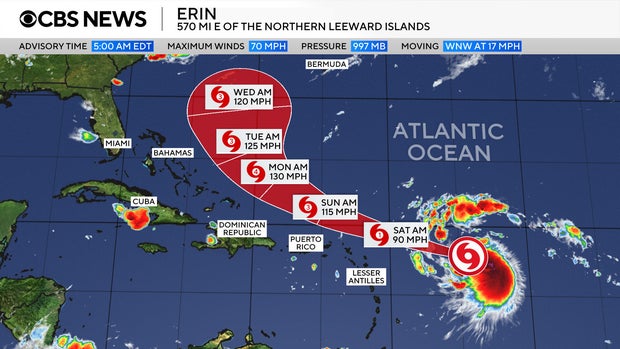Powell's Jackson Hole Speech: Wall Street Anticipates Key Insights on Inflation and Future Rate Hikes

The Jackson Hole Economic Symposium, held annually in Wyoming, serves as a crucial platform for central bankers, economists, and policymakers to discuss pressing economic issues. Powell’s address is particularly significant this year, occurring amidst ongoing concerns about persistent inflation and the delicate balance of achieving price stability without triggering a recession. The speech provides a rare opportunity for the Fed chair to communicate directly with the markets and shape expectations about future monetary policy.
Analysts are closely scrutinizing Powell’s remarks for several key indicators:
- Inflation Assessment: How does Powell characterize the current state of inflation? Will he acknowledge progress made, or emphasize the need for continued vigilance? The phrasing used to describe inflation’s trajectory will be crucial.
- Interest Rate Path: The most pressing question is whether Powell signals a pause in interest rate hikes, or hints at further increases. Market participants are eager to gauge the likelihood of another rate hike in September.
- Labor Market Commentary: The strength of the labor market remains a key factor influencing the Fed's decisions. Powell’s assessment of job growth, wage pressures, and overall labor market conditions will be closely examined.
- Recession Risks: Concerns about a potential recession persist. Will Powell address these concerns directly, and offer insights into the Fed's strategies for navigating a slowdown?
- Quantitative Tightening (QT): The pace of QT, the Fed's program of reducing its balance sheet, is another area of interest. Any comments on the future of QT could impact bond yields and market liquidity.
Based on recent Fed communications and current economic data, several themes are expected to emerge in Powell’s speech:
- Data Dependency: Powell is likely to reiterate that the Fed’s decisions will remain data-dependent, emphasizing the importance of incoming economic indicators.
- Hawkish Tone: While a definitive commitment to further rate hikes isn't guaranteed, a hawkish tone – suggesting the Fed is prepared to act if inflation remains stubbornly high – is widely anticipated.
- Balancing Act: Powell will likely acknowledge the challenges of balancing inflation control with supporting economic growth.
Market reactions to the speech could be significant. A hawkish signal could lead to a sell-off in stocks and a rise in bond yields. Conversely, a more dovish tone – suggesting a pause in rate hikes – could boost equities and depress yields. The clarity and nuance of Powell’s communication will be critical in shaping market sentiment.
Jerome Powell’s Jackson Hole speech is a pivotal event for the financial markets. Investors and analysts are bracing for key insights into the Fed’s thinking on inflation, interest rates, and the economic outlook. The speech’s impact will likely reverberate through the markets for weeks to come, as participants adjust their expectations and strategies accordingly.





